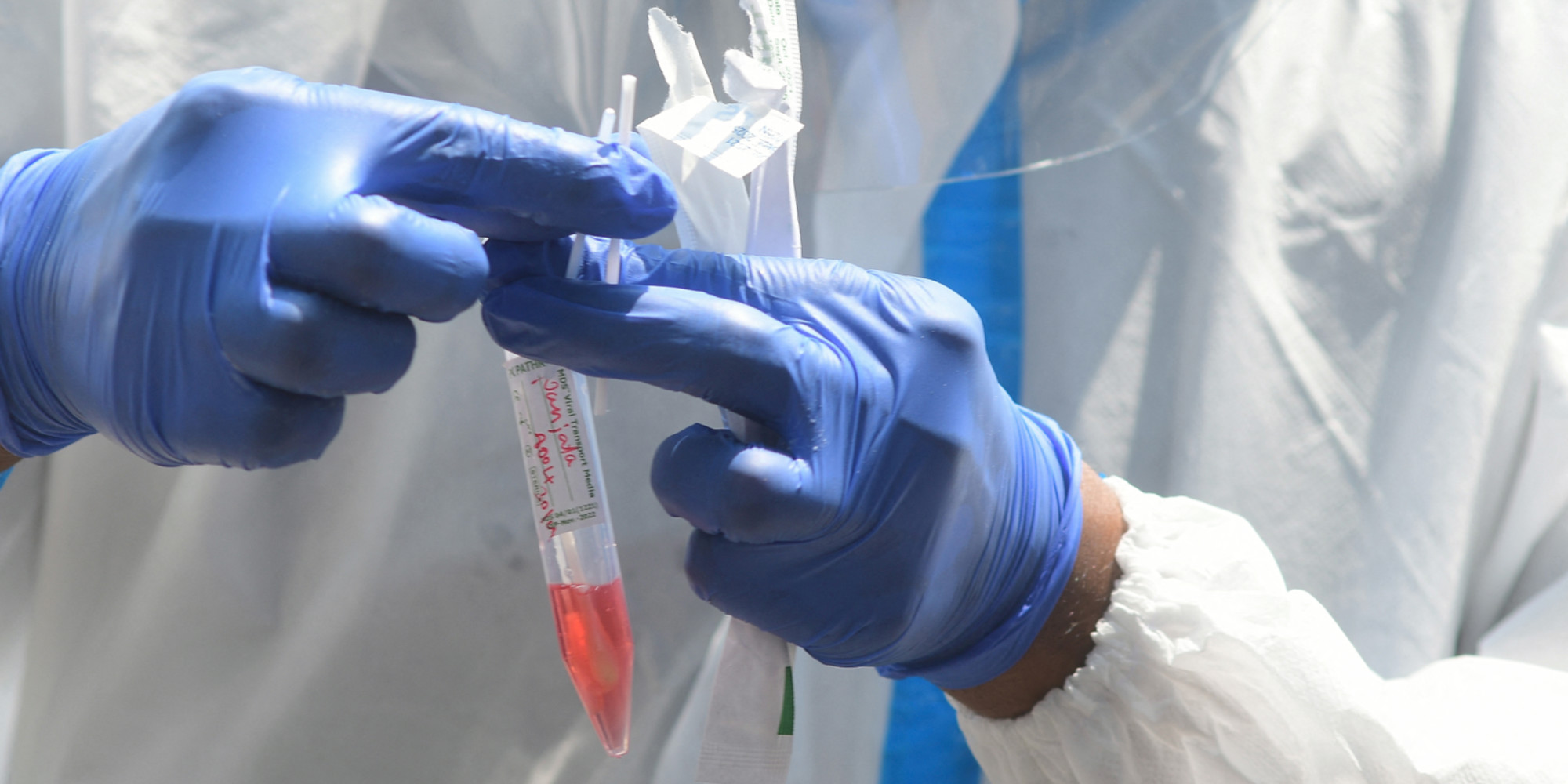Melanie Gomez / Photo credit: SYED ASIF / THE TIMES OF INDIA / THE TIMES OF INDIA VIA AFP
This member of the Omicron family is particularly scrutinized because of a “greater number of mutations”, making it “likely to evolve more significantly and to spread more easily”, recalled last week the president of the Committee monitoring and anticipating health risks (Covars) Brigitte Autran.
He had probably been there for some time, but still, he had to be found. The new variant of Covid-19, called “Pirola” or BA.2.86 has just been detected in France, in a patient living in the Grand-Est.
It was already present in about fifteen countries in the world, in particular like the United States or Denmark. This member of the Omicron family is particularly scrutinized because of a “greater number of mutations”, making it “likely to evolve more significantly and to spread more easily” and therefore has already been categorized by WHO as a variant under surveillance. Should we be worried though?
Thirty mutations on the Spike protein
“This virus was first detected in about three weeks. It is a derivative of Omicron again, which has thirty mutations on the Spike protein. Some may be favorable for the virus, as they increase its escape immune system and therefore we can lose the possibility of neutralizing our serum. But this virus also has mutations which could reduce its transmissibility”, explains at the microphone of Europe 1 Professor Bruno Lina, virologist at the Lyon University Hospital and member of the Committee of monitoring and anticipating health risks (Covars).
“So today, we are expectant, we are going to monitor the virus, we are going to see what it has in the belly in a way. We are going to try to analyze the level of immune escape and the level of transmissibility that it may have to know if we need to alert a little more or if we continue to monitor it”, he adds.
Even if BA.2.86 caused a major spike in infections, “we don’t expect to see comparable levels of severe illness and death to what we did earlier in the pandemic when the Alpha, Delta, or Omicron have spread,” recently commented François Balloux, who heads the chair of bioinformatics at University College London.
